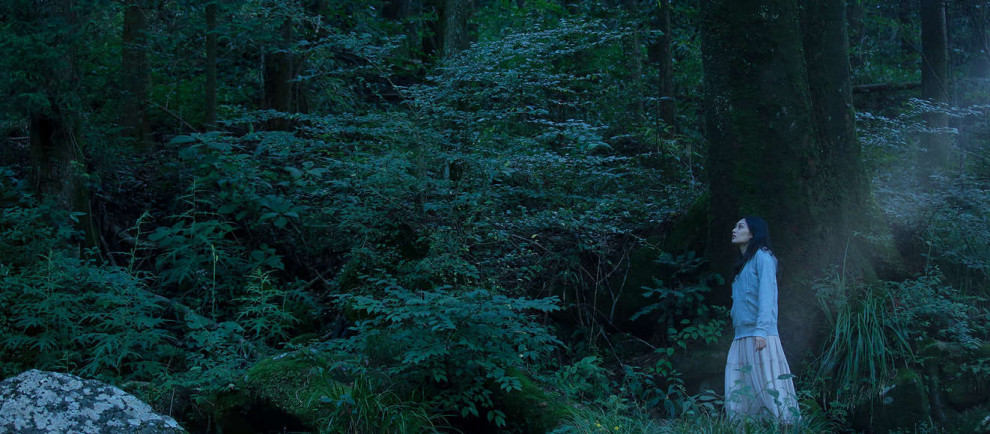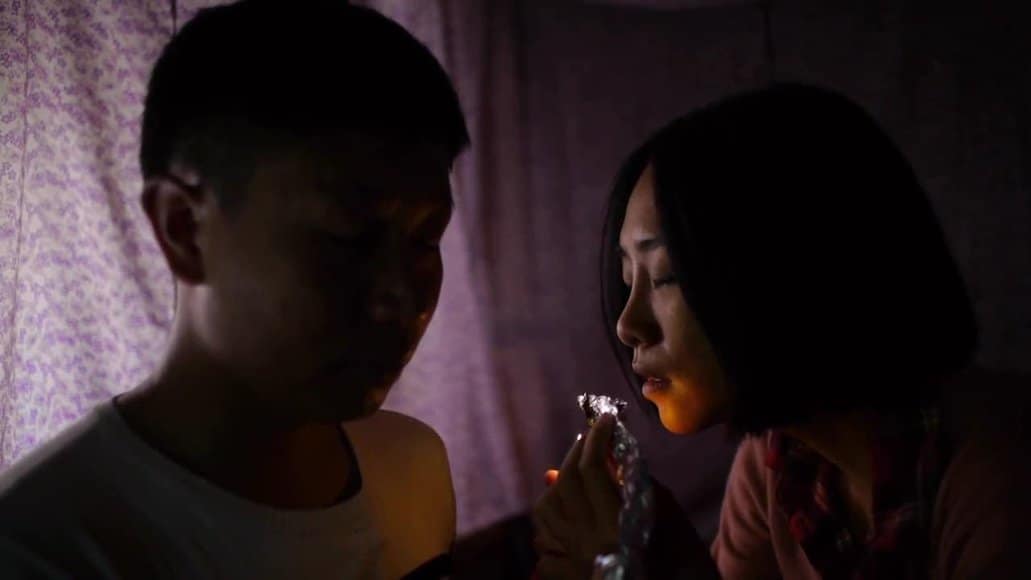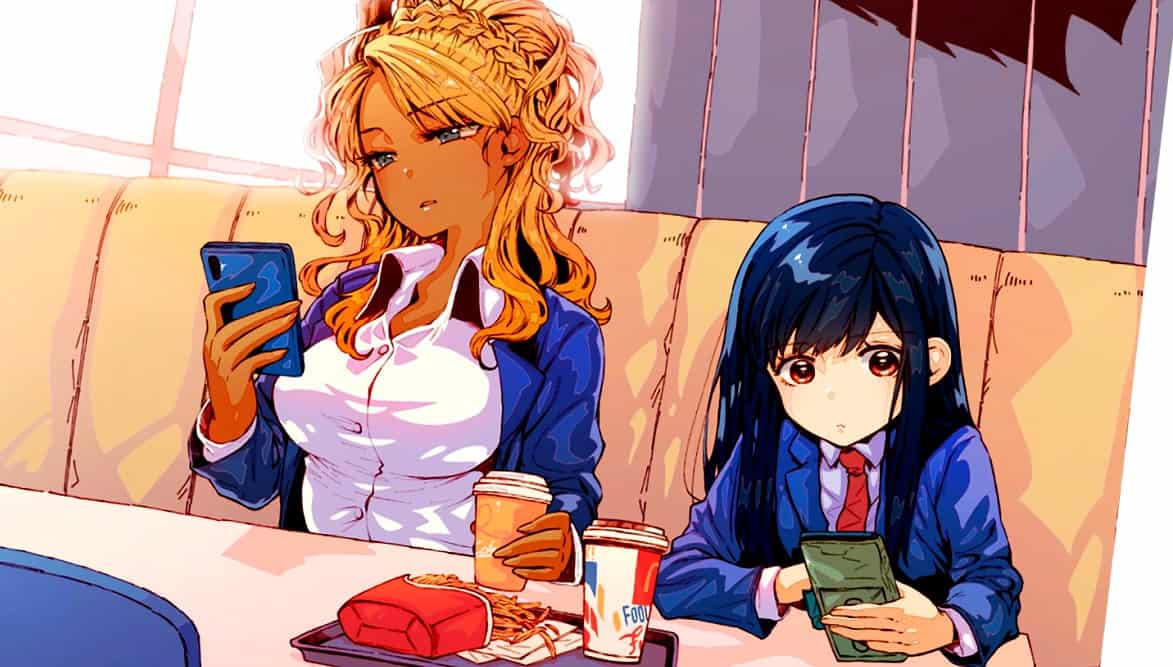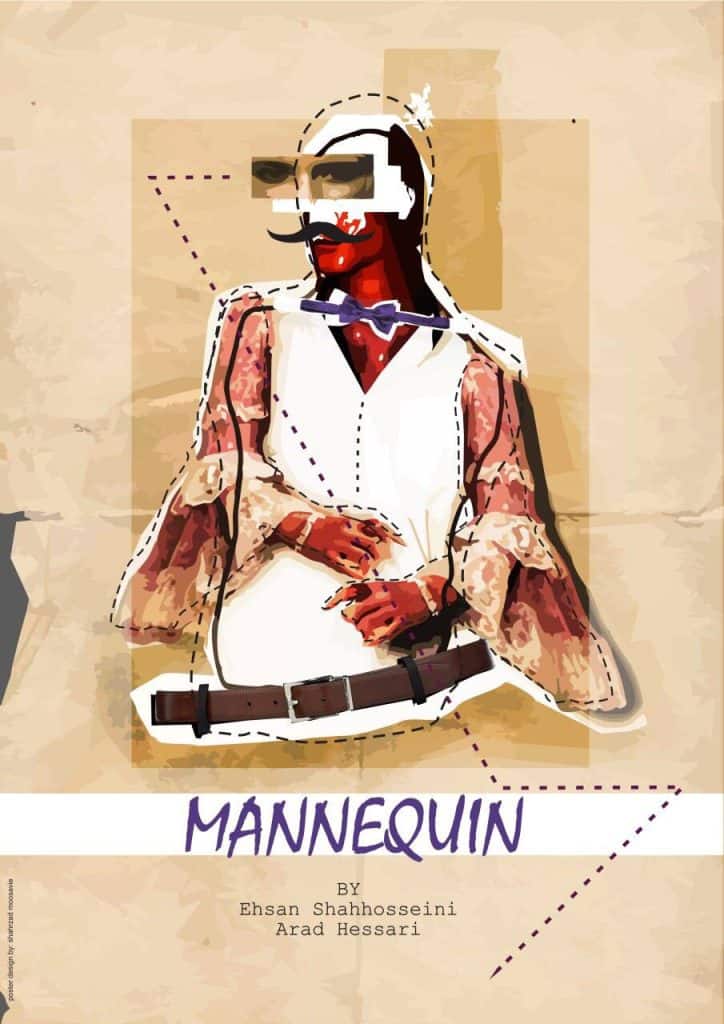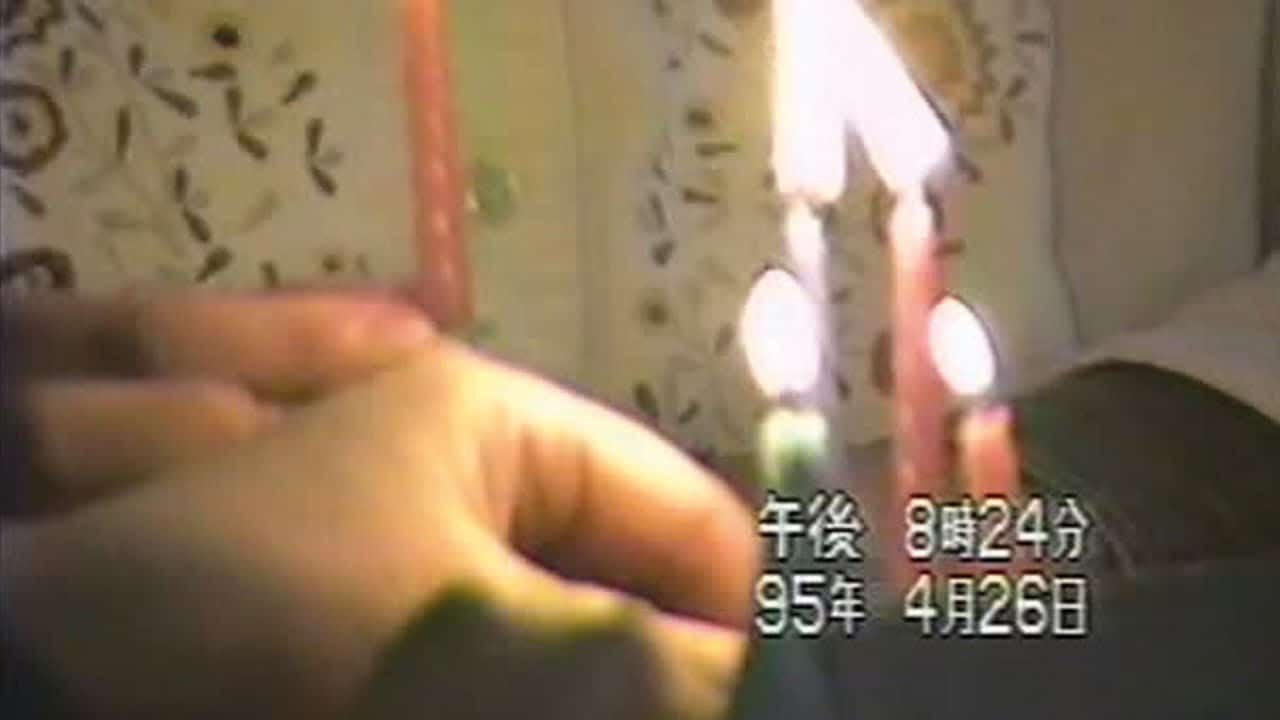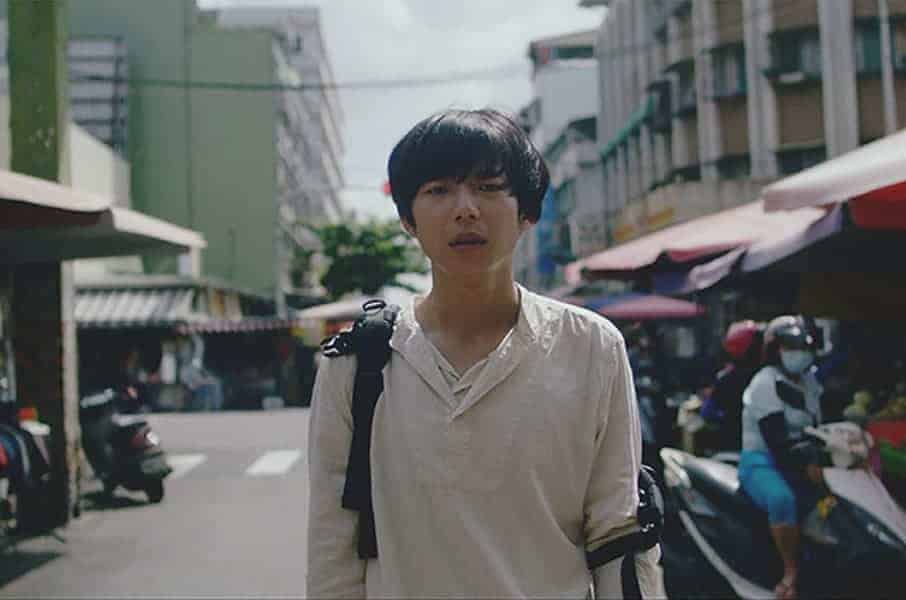Masato Ozawa won a number of plaudits for his directorial debut “Remiges” (2013), which looked at the important subject of child abuse. In “Lost Serenade” (2016), he returns to that same theme with a harrowing tale that explores these difficult issues.
Kaori (Nori Sato) is working as a piano teacher, giving home lessons to her young students. One of her students is a young boy whose father, we discover, lost his job as a result of an affair with Kaori, the specifics of which are left unclear. Despite both being clearly equally culpable, Kaori is blamed for this by the man's wife and made to feel guilty. Kaori's other student is Yuu, a painfully shy girl, whose father works as a photographer. After a piano recital at which both students perform, Kaori is offered a lift home by Yuu's father, Toshio (Kentaro Kuruyama). On the way back, Kaori finds herself waking up in the wilderness, her clothes torn, and with a searing headache. She realises that she has been drugged and raped by Toshio, later discovering that the man has also been abusing his own daughter. Both Kaori and Yuu are traumatised by their experiences and the film is an exploration of that grief and how they deal with what has happened to them.
“Lost Serenade” screened at Japan Filmfest Hamburg

Writer and director Masato Ozawa clearly intended to create a powerful, socially conscious work, and he has succeeded in that aim. The film is hard to watch at times, due to the disturbing subject matter. Rape and child abuse are never easy topics to address, and the film does a perfect job of expressing the seriousness of these actions. For the most part, we are not shown graphic scenes of abuse, but rather it is hinted at, either by Kaori finding bruises on Yuu, or Yuu's inability to answer questions and pulling out of her own hair. Kaori's own rape is initially elided by having her suddenly wake up in a dishevelled state. The viewer feels disorientated and struggles to understand exactly what happened in exactly the same way as the character.
Ozawa's less-is-more approach shows his skill as a writer and director. The film is never needlessly extreme, meaning that when we do see violence perpetrated, it hits even harder. There were a few artistic flourishes, such as Kaori's face being illuminated by a red stop light, or the close shot of Yuu's toes curling when she is questioned, that subtly implied danger or uneasiness in a brilliant way. The music also helps create tension with low strings and the piano pieces becoming more and more meaningful as the story progresses. There are also many effective scenes without music, where the raw emotions and acting talent say everything.

The performances of both Nori Sato and Uwa Ishibashi are heartbreaking. Sato's put-upon piano teacher, who is blamed at every turn, looked down upon, and goes through emotional trauma leading to almost a complete breakdown, is so raw and powerful that it really carries the whole film. Likewise Uwa's shy and troubled Yuu is so pitiable that, as a viewer, you feel yourself wanting to look away as you cannot do anything to help either of these characters. Also worthy of mention are the two male cast members. Kentaro Kuruyama plays Toshio, whose despicable performance drives the narrative. It is hard to understand how anybody could do what his character does to this woman and his own daughter, but Kuruyama creates a hideously believable predator who, nevertheless, is capable of showing a respectable face to the world. Yuya Takagawa, who plays Kaori's former co-worker, also does a good job with his arrogant, irresponsible character.
The film is a little overlong and loses focus in the second half. Obviously, this is a harrowing watch, understandably so given the subject matter, and a lot of the latter half of the film is taken up with the terrible toll that this crime has taken on Kaori. What audiences may find difficult is the lack of any real narrative. Unlike many films where there may be a final revenge or redemption, a prosecution or at least a feeling that the characters have recovered, this film gives us only a long, cold look at the tragic consequences of a society that ignores these issues. The characters are left to suffer in silence for the most part, perhaps never truly moving on.
This is not a film for the faint-hearted and it is clearly intended as a pointed statement on an issue that deserves examination. Fantastic performances, excellent direction and an important subject matter. It is fair to say that this is not so much an enjoyable watch as a necessary one for anyone wishing to understand the real horrors of abuse and what it can do to a person psychologically.


